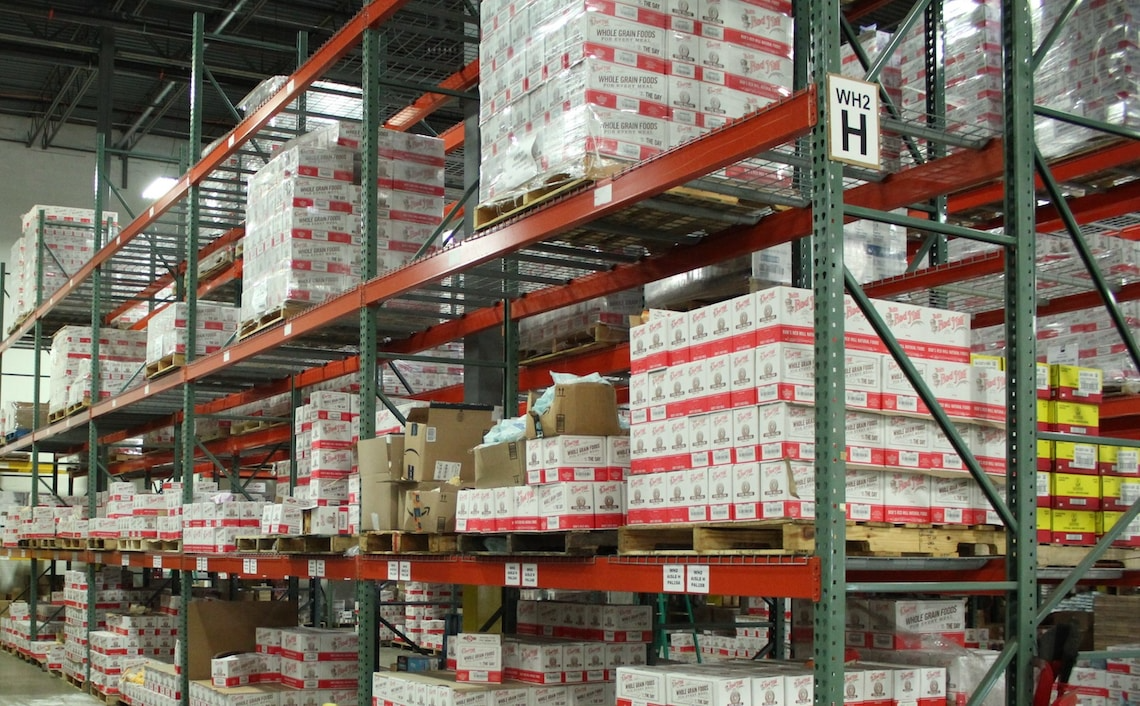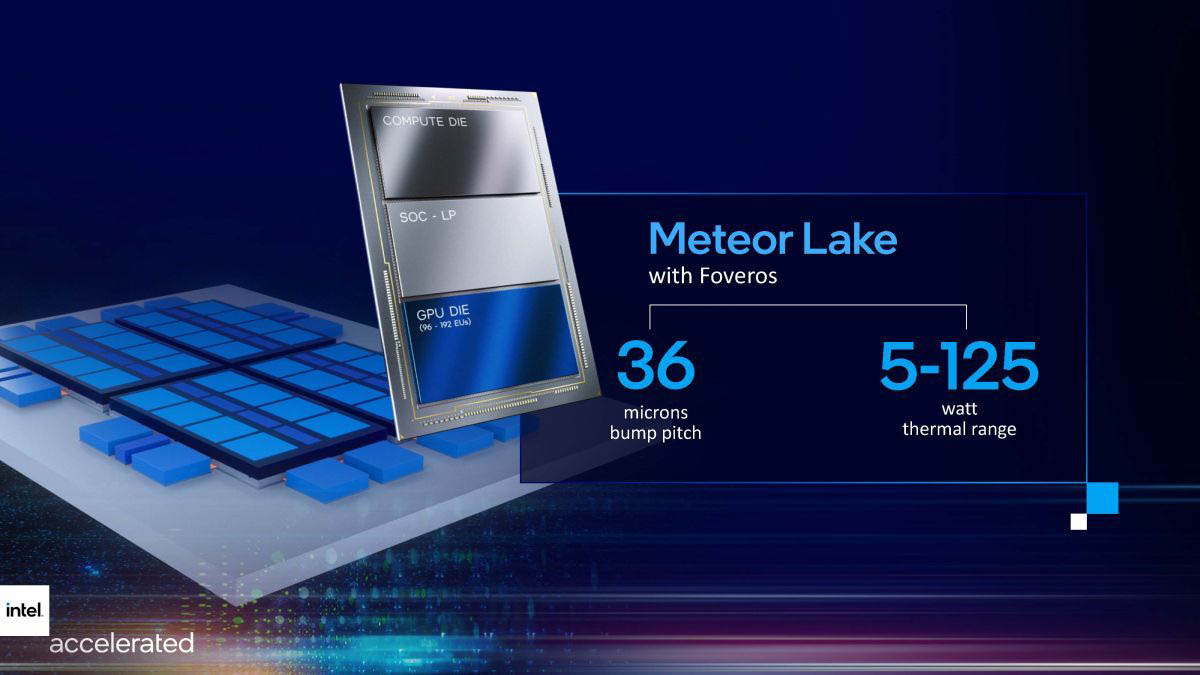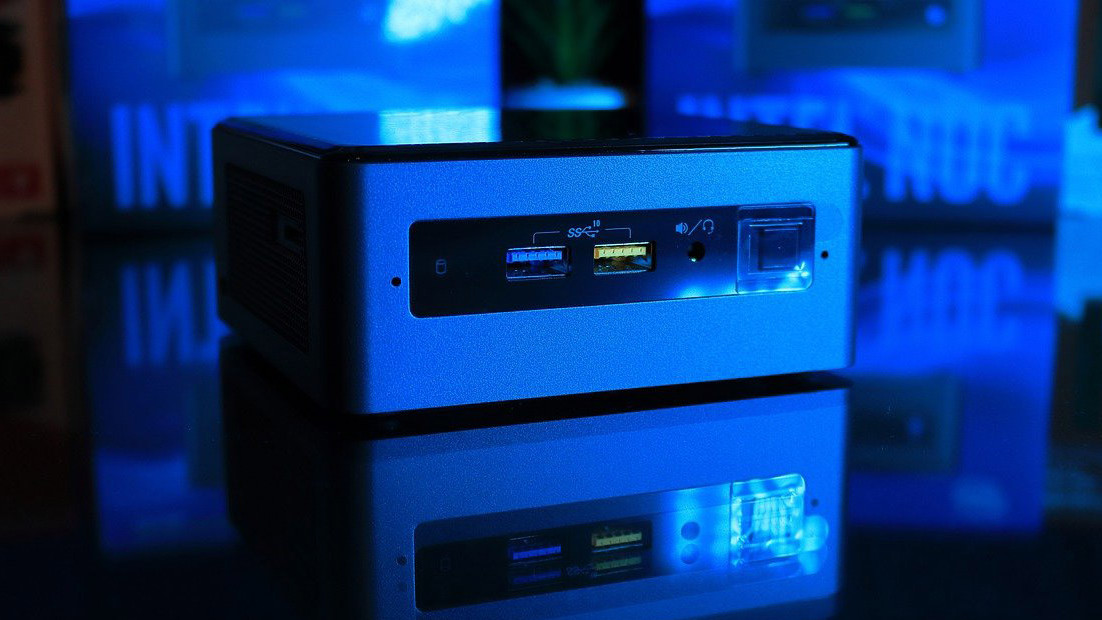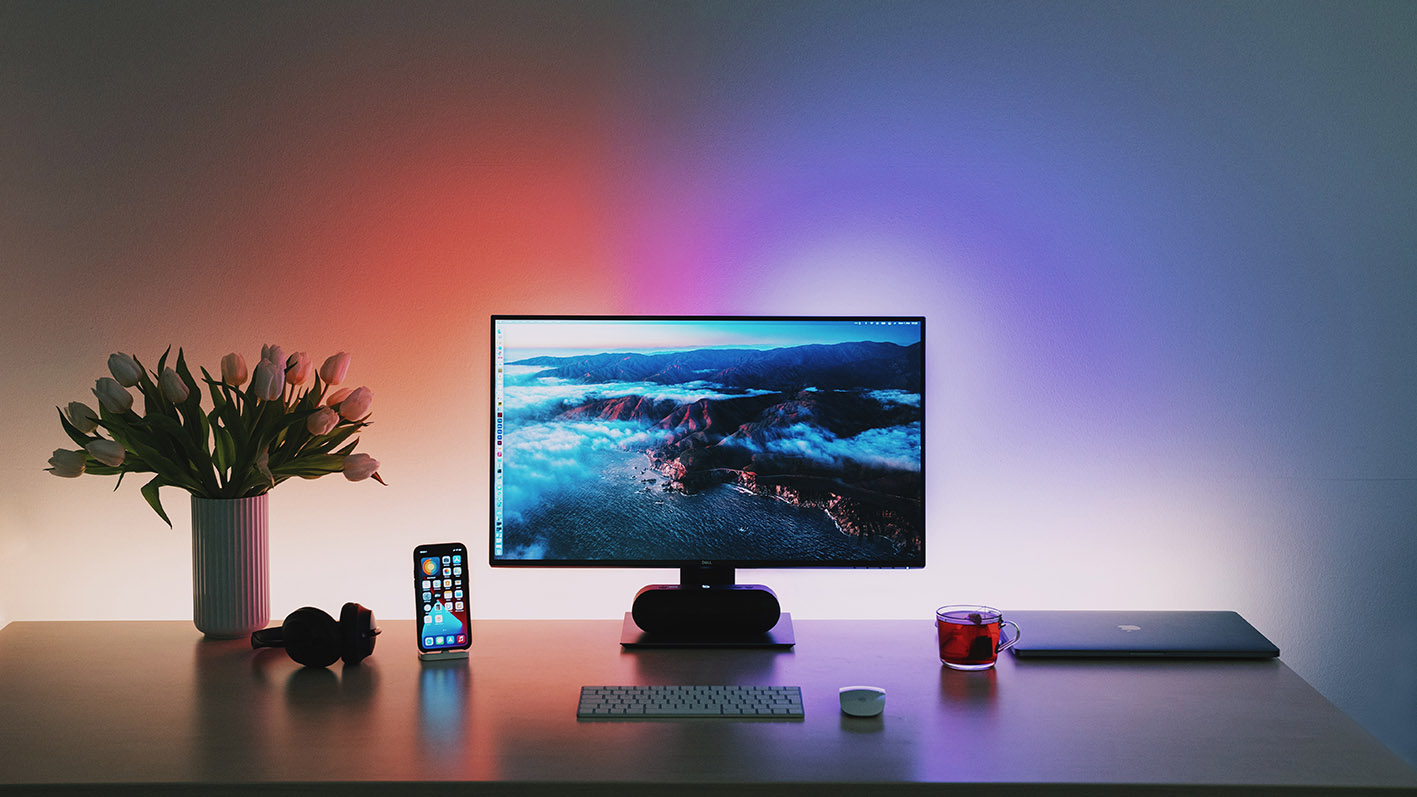Intel 14th Gen Meteor Lake: What to Expect?
Intel's 14th Gen Meteor Lake processors are expected to be released in December 2023. Meteor Lake will use a new hybrid tile architecture, which will combine a compute tile, an SoC tile, a graphics tile, and an I/O tile.
The hybrid tile architecture is a new way of designing processors that allows Intel to combine different types of tiles to create a more efficient and powerful processor. The compute tile will contain the CPU cores, which will be divided into two types: P-cores (performance cores) and E-cores (efficiency cores). The P-cores will be responsible for high-performance tasks, while the E-cores will be responsible for low-power tasks.
The SoC tile will contain the system-on-a-chip, which includes the memory controller, graphics processor, and other integrated components. The graphics tile will contain the integrated graphics processor, which is expected to be a significant improvement over the integrated graphics processors in previous generations of Intel processors. The I/O tile will contain the input/output controllers, which allow the processor to communicate with other devices in the system.
Meteor Lake is expected to offer a number of benefits over previous generations of Intel processors, including:
• Increased performance and efficiency: The Intel 4 process node is expected to offer a significant performance improvement over the Intel 7 process node. Additionally, the hybrid tile architecture is expected to improve efficiency by allowing the processor to use the right type of core for the right task.
• Improved integrated graphics: The integrated graphics processor in Meteor Lake is expected to be a significant improvement over the integrated graphics processors in previous generations of Intel processors. This will make Meteor Lake processors more suitable for gaming and other graphics-intensive tasks.
• Support for DDR5 memory and PCIe 5.0: Meteor Lake processors will support DDR5 memory and PCIe 5.0, which are the latest memory and storage technologies. This will allow Meteor Lake processors to access data faster, which will improve performance.
Meteor Lake processors are expected to be used in a wide range of devices, including laptops, desktops, and workstations. They will be especially beneficial for users who need a high-performance processor for demanding tasks such as gaming, video editing, and 3D rendering. They will also be beneficial for users who need a long-lasting battery life, as the hybrid tile architecture is expected to improve efficiency.





